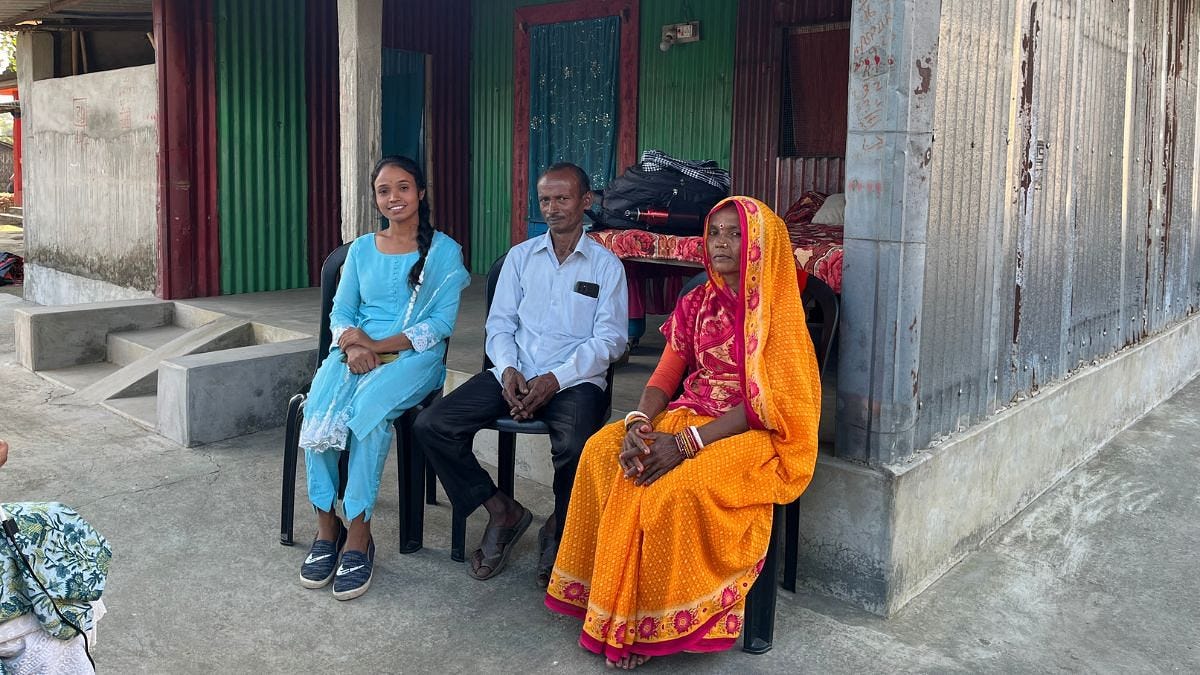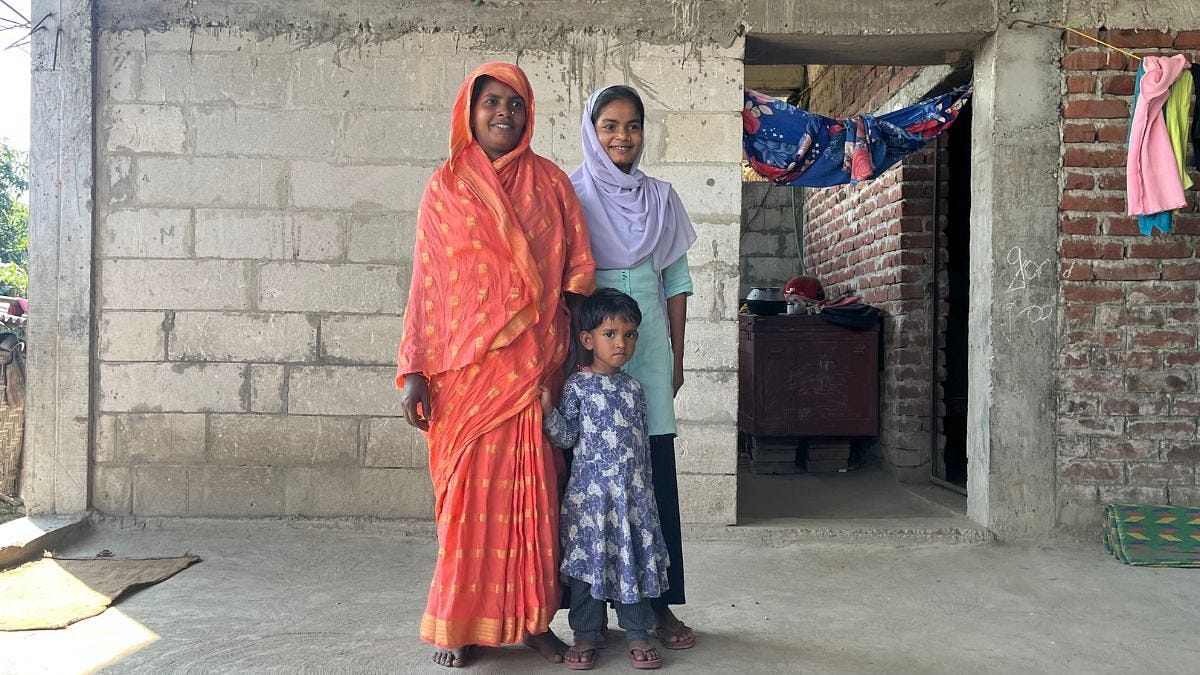"Good Girls" Code: Updates from Bihar!
In rural Bihar, the meaning of a ‘good girl’ is being quietly rewritten - in JavaScript and Python. Historically, families have tightly restrict women’s mobility to protect their status and social inclusion. But when a daughter’s monthly salary soars, even the staunchest critics begin to reconsider.
After I explored this cultural shift, Print journalist Nootan Sharma headed straight to Bihar’s villages to capture these transformations in real time. Her vivid reporting reveals how to shift ‘the Honour-Income Trade-off’. When neighbours see debt repaid and gifts distributed at festivals - all from a daughter’s earnings - former critics begin asking how their daughters too can learn to code!
Nootan Sharma captures a crucial shift between equilibria:
Kavita Mehto “works at an IT firm in Kolkata, earns Rs 50,000 every month, and sends money home regularly. Even the neighbouring village knows about her success”.
Her parents are proud of her, but it wasn’t always this way...
“My parents wouldn’t even allow me to go to Bengaluru. No one in my village or family had ever gone so far. Everyone kept telling them that I should stay at home because I was a girl.”
She got placed with a tech company in Bengaluru, and as soon as she got her first paycheque of Rs 30,000, she started sending money home. Her father used it to pay off the debt he had incurred for her older sister’s marriage.
“I could never have achieved this in my lifetime. I never dreamed my daughter could earn. I always thought she would get married, just like others,” said Mahender Mehto, Kavita’s father, sitting on a plastic chair outside his home. Last Chhath, Mahender’s family celebrated with gifts that Kavita sent—sarees for her mother, a jacket and kurta-pyjama for her father, a suit for her sister, and a shirt for her brother.
Seeing the changes in the Mehto family’s life, more than 10-15 people from the village reached out to Mahender to learn about what Kavita had done and how she found her job. The same people who taunted him for letting Kavita leave the village now want his advice.
“My daughter has earned me a lot of respect,” said Mahender, proudly showing pictures from Chhath, where he was wearing a yellow kurta she gifted him.
One of Kavita’s early critics was Raveena’s father, Manoj Kumar Mehto. But he was ecstatic when the School of Programming opened in Kishanganj.
“I saw how this training transformed Kavita’s family’s life, so I encouraged my daughter to join. She’s learning there now and will find a job after completing the training,” he said.

Nargiz Khatoon (17) meanwhile is trying to carve out increased freedoms. Although her parents are eager for her to marry quickly, she wants to work and broaden her horizons:
“Back then, I knew nothing about the world outside. But now, I’m being introduced to a new world, and it’s very, very attractive to me,” said Nargiz, sitting at home, wearing a purple hijab.
Nargiz wants to work before marriage. She’s eager to build websites and experience life as an “office girl”

Nootan Sharma’s reporting brilliantly captures the micro-level transformation that occurs when the ‘Honour-Income Trade-off’ tips toward opportunity. When families see their neighbours’ daughters not just surviving but thriving in tech jobs, the perceived risks of female employment pale against its tangible rewards. Instead, it becomes a source of community prestige!
But herein lies the challenge. Across India, only 55% of men believe their neighbours would support women working outside the home. Given concerns for honour, some may be extremely reluctant. Here’s where scale matters. Bollywood blockbusters could help shift expectations nationwide - celebrating a new kind of ‘good girl’.
Read the full piece at Print India.



